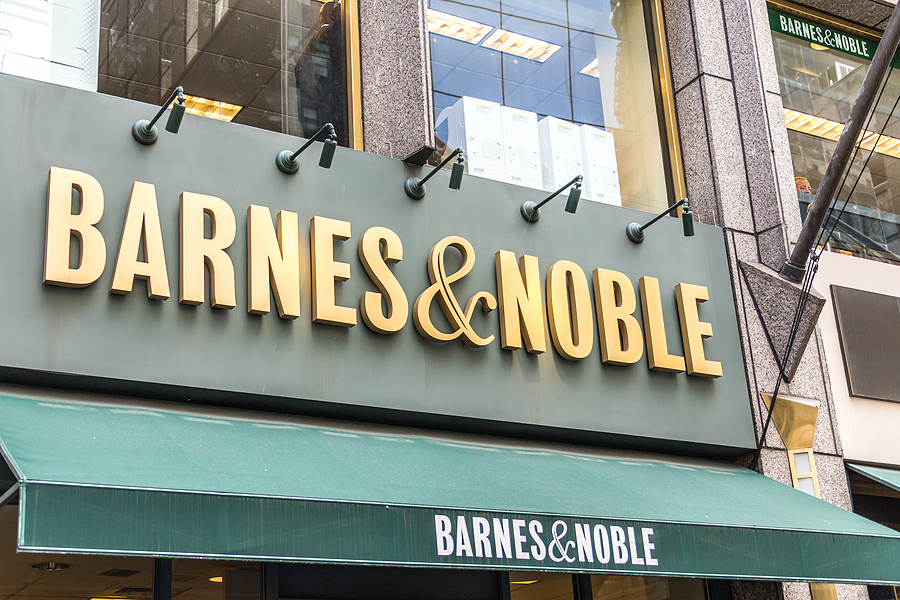The “Your Questions Answered” Series
__________
I am wondering about whether or not to use real names of places in my novel. Is it better to disguise names of towns and cafes or offices? What about popular franchises like MacDonald’s?
When authors write about a town, most inhabitants are thrilled. I wrote Love Finds You in Maiden, North Carolina, and received a warm reception. I enjoyed visiting Maiden too! So, yes, when you are writing about the warmth and charm of a place, making that apparent can be fun for all concerned. If you are writing something gritty and crime-ridden, disguising the location might be better. Think: Gotham is supposed to be New York City.
As for businesses, I mentioned The Tobacco Company in a novel set in Richmond, Virginia, and the editor asked me to change it. However, it’s a real place, so it stayed. (https://www.thetobaccocompany.com/)
As for franchises, I recommend using something generic. You never know how a reader feels about a specific franchise. They may love it or hate it, and those feelings may not follow any logic. Consumerism causes people to form opinions. You may adore a particular brand; but if your reader doesn’t agree, you may lose them. For example:
Does your character drive a Mercedes Benz? This automobile may represent the epitome of style and taste to one reader, but may make your character seem spoiled and out of touch to another. “Luxury sedan” or even “sedan” is good enough here.
What about a Prius? Or a Ford F150? All of these choices cause the reader to judge the character. If you want the car to say something specific about a character, that can be a useful tool. But otherwise, I recommend not making the reader pause over an individual brand. Rather, a generic description makes the reader get to the important part: your story.
Your turn:
When do you think mentioning a specific brand helps? When does it hinder?
Does a brand define a character in your mind? How?
For the entire series, click here: “Your Questions Answered.”










